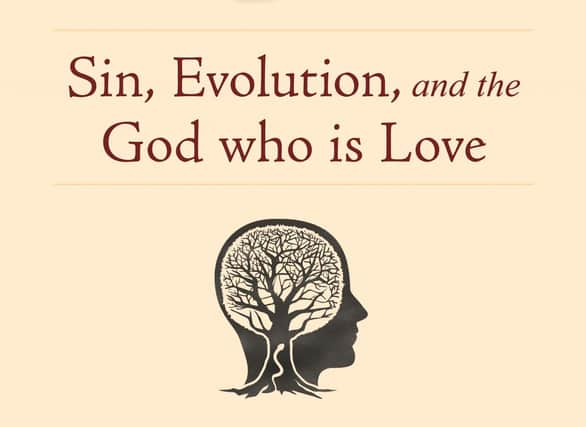Must Read of the Week - Homo Lapsus: Sin, Evolution and the God Who is Love by Niamh Middleton


This article contains affiliate links. We may earn a small commission on items purchased through this article, but that does not affect our editorial judgement.
Scientists and Christians have been at war since Darwin introduced his theory of evolution in the 1800s. Now, after almost 160 years of bitter fighting, a groundbreaking new book promises to reconcile the two camps and even heal old wounds, writes Lucy Bryson.
When Charles Darwin introduced the theory of evolution through natural selection in 1859, the scientists and theologians of the day argued over it fiercely. Today, almost 16 decades later, that wide-ranging debate on evolution continues as they battle for leadership and for human hearts and minds.
For some, palaeontology, genetics, zoology, molecular biology and other fields of science have already debunked religious explanations for the origins of man in all its forms. Echoing the Enlightenment scholar Pierre-Simon Laplace, they assert that the notion of a divine entity is not required for this hypothesis.
Others, such as creationists, refute all or part of Darwin’s theory of evolution and instead assert that God created reality, including the universe and its contents, through divine intervention.
But somewhere between strict Darwinism and the fundamentalist view that evolution simply didn’t happen lies what the Irish academic and theologian Dr Niamh Middleton believes is the truth: science and Christianity are complementary.
Her new book, Homo Lapsus: Sin, Evolution and the God Who is Love, makes a compelling argument that the long-standing gap between evolutionary theory and Christianity can not only be bridged but also reconciled. The two, she says, work in synthesis to provide a deeper understanding of the origins of evil and the existence of an altruistic, beneficent deity.